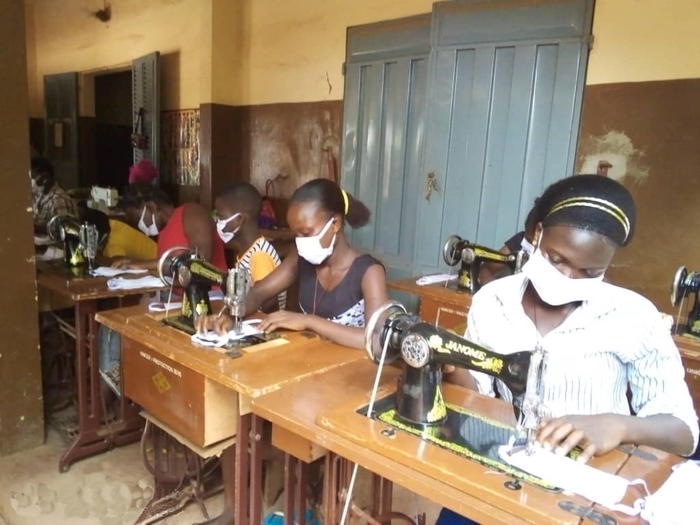The COVID-19 pandemic has marked a setback for sustainable development around the world.
For the first time in 2015, when UN countries signed the 2030 Agenda for Sustainable Development, in 2020 the world went back on the path towards the Agenda's Sustainable Development Goals (SDGs).
The decline in SDG performance globally is largely due to rising poverty and unemployment rates following the outbreak of the COVID-19 pandemic.
This was stated in the annual report of the UN Sustainable Development Solutions Network (SDSN) study center.
Covid-19 highlighted the limited ability of low-income developing countries (LIDCs) to tap into market funding. While the governments of high-income countries have been heavily indebted in response to the pandemic, the LIDCs have been unable to do so due to their lower market solvency. The main short-term implication of the different fiscal space between high- and low-income countries is the likelihood that rich countries will recover from the pandemic faster than poor countries.
Finland ranks first in the 2021 SDG Index, followed by two Nordic countries: Sweden and Denmark. However, Finland and the Nordic countries also face major problems related to the different Oss and are lagging behind in reaching all the Oss by 2030.
East and South Asia has made more progress in the Oss than any other region, both since 2010 and since the targets were adopted in 2015. The three countries that have made the most progress on the SDG Index score since 2015 are Bangladesh , the Ivory Coast, and Afghanistan. Conversely, the three countries that fell the most in the ranking are Venezuela, Tuvalu and Brazil.
"For the first time since the adoption of the Oss in 2015, in 2020 the world has receded - says Jeffrey D. Sachs, president of the SDSN and principal author of the report -. The Covid-19 pandemic has created not only a global health emergency, but also a crisis of sustainable development. To restore progress towards the Oss, developing countries need a significant increase in fiscal space, through comprehensive tax reform and expanded funding from multilateral development banks. Tax expenditures should support the six key transformations of the Oss quality education for all, universal health coverage, clean energy and sustainable industry, agriculture and land managementsustainable urban infrastructures and universal access to digital technologies ".

